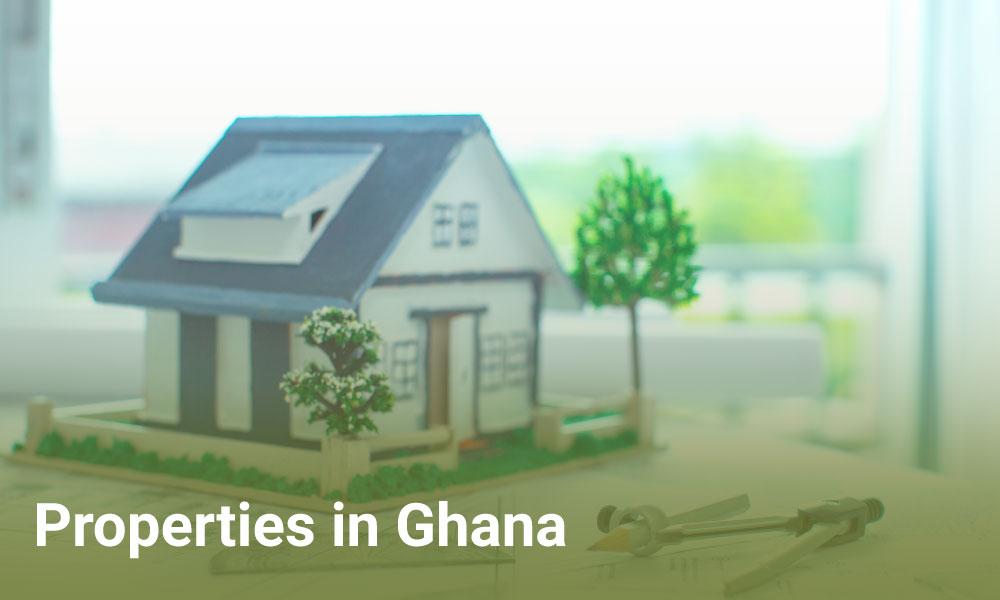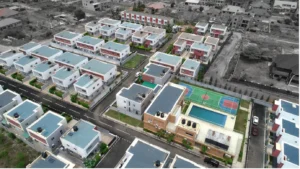Properties in Ghana
Properties in Ghana include residential, commercial, and industrial properties. Ghana’s property market has expanded significantly in recent years as a result of the country’s strong economic performance and increased demand for housing and commercial space.
Residential Properties
Apartments and townhouses are available in Ghana, as are single-family homes and gated communities. To meet the growing demand for housing, there has been a surge in the development of new housing projects in recent years, particularly in urban areas such as Accra and Kumasi. Aside from new developments, Ghana has a large number of older homes and buildings for sale or rent, though they may require renovations or repairs.
Commercial Properties
Commercial properties in Ghana include office buildings, retail spaces, and warehouses. The country’s expanding economy and growing middle class have increased demand for commercial properties, particularly in urban areas. Many multinational corporations have established themselves in Ghana, necessitating the need for high-quality office and retail space. Furthermore, as a regional trade and commerce hub, the country has increased demand for warehousing and logistics facilities.
Industrial Properties
Factorys, manufacturing plants, and other industrial facilities are examples of industrial properties in Ghana. Because of its abundant natural resources and strategic location, the country has become an appealing destination for foreign investors looking to establish manufacturing operations in Africa. As a result, the development of industrial properties has increased significantly in recent years, particularly in the mining, agriculture, and energy sectors.
Some pressing issues
- One of the most pressing issues confronting Ghana's real estate market is affordability. Despite the high demand for housing and commercial space, many low and middle-income families cannot afford the high cost of properties in urban areas. As a result, there has been an increase in the number of informal settlements and slums, which are frequently overcrowded and lack basic amenities such as running water.
- A lack of transparency and regulation is another issue confronting Ghana's property market. Because the country's property market is largely unregulated, it is difficult for investors to obtain accurate information on property values, rental rates, and market trends. Furthermore, the process of acquiring land and obtaining permits can be complicated and time-consuming, putting investors at a disadvantage.
Finally, properties in Ghana offer a wide range of options for investors and individuals looking to buy or rent property in the country. However, the market is not without challenges, such as affordability issues, a lack of regulation, and a lack of transparency. By carefully assessing the market and seeking expert advice, investors and buyers can make informed decisions and capitalise on Ghana’s property sector’s growth potential.


